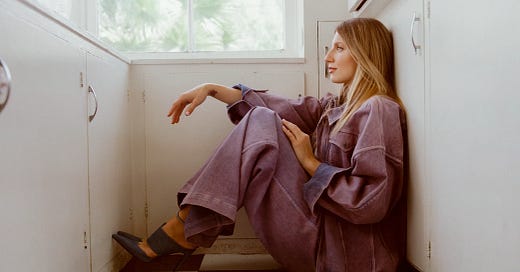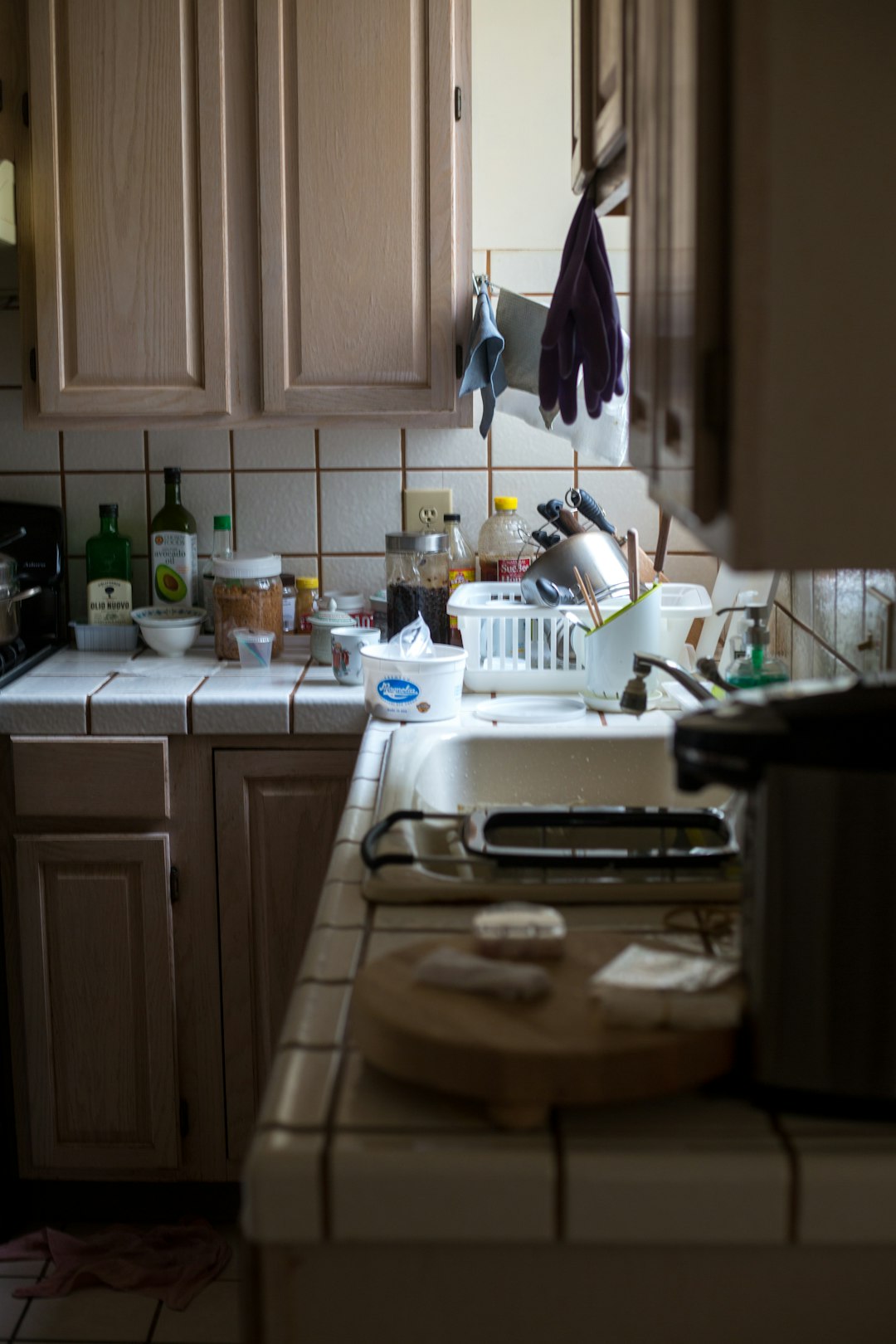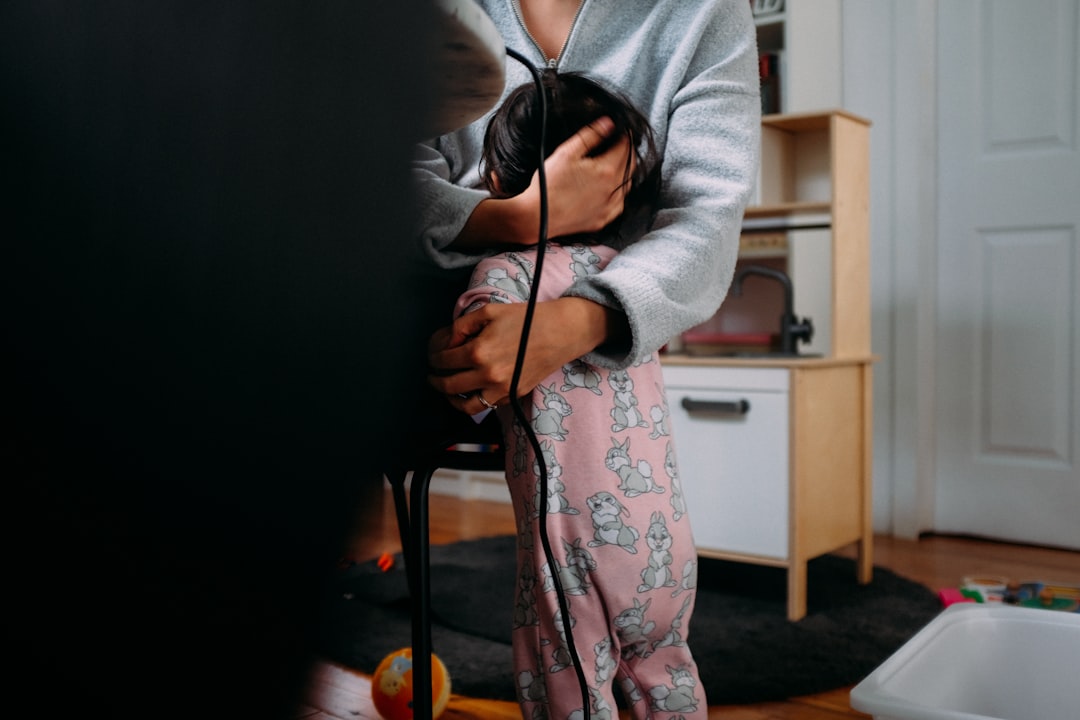Olivia Plath breaks out, sad trad hubbies, women wrestling with angels
A roundup and a thread
First, we haven’t really talked about trad wives here, except in passing. If you don’t know what I’m talking about, read on. If you do, tell me all your feelings.
As I wrote two years ago:
Proud Boys founder Gavin McInnes has said… “women who choose to be housewives and mothers should be celebrated for that choice.” From the Wisconsin Proud Boys chapter’s Telegram channel: “We venerate the housewife. Our wives are happier than any of these barren career cat ladies.”
Counterpoints:
Earlier this month, Teen Vogue ran a profile of Olivia Plath, former wife of Ethan Plath, of TLC’s Welcome to Plathville. Plathville is about a super white family of eleven homeschooled Christian children, run by head of household, Barry, and his now ex-wife, Kim. The early seasons of Plathville are a little boring. But the show really heats up in the recent fifth season, when Kim divorces Barry after years of unhappiness, and when (spoiler!) Olivia finally leaves her fraught marriage to the eldest Plath kid, Ethan.
Both Kim and Olivia once longed to be traditional Christian wives. In fact, Kim was a dutiful one, for almost 25 years. Olivia is a pastor’s daughter who married Ethan when she was 20, with the intention of carrying on her family’s fundamentalist values. She got out 5 years into her marriage, but in the recent Vogue profile, she notes the performativity of the fundamentalist community in which she grew up—a performativity for which there are now numerous scripts circulating online, including how to celebrate making your husband a sandwich, and how to force yourself to enjoy homemaking.
Olivia and Kim both leave their marriages because they want more than that. In the most recent season of Plathville, we follow them through the unraveling of their faith and their partnerships to conservative men—men who don’t seem to want more for their ex-wives or to really even understand them. But both women now realize where their religious value systems have left them, and they can’t unsee it. Olivia and Kim— who ironically hate each other — have each grown tired of living under their husband’s thumb.
Olivia and Ethan’s marriage also falls apart because of disagreements about how they might raise their hypothetical children. Cut to: Olivia reciting her marital vows, pretty at the altar in a white dress; a young, satisfied Ethan watches her, taking it all in. She promises to obey her husband and let him lead, and she seems to mean it, to want it. Understandably, though, she’s changed her mind over the years, and she’s changed. She begins to ask herself what she wants, and to put “the health and happiness of the two individuals” in the marriage above her vows.
In turn, Ethan realizes he doesn’t want children with her at all. He says he loves her, but doesn’t want her political or social values to influence his future kids. We get some indications in the show of what this means—according to Olivia, Ethan thinks women shouldn’t have autonomy and isn’t on board with her views on queer politics or education. Olivia cries, a lot. This isn’t love.
Watching Kim’s and Olivia’s slow “deconstruction” of their faith (as the Vogue profile puts it) is pretty uncomfortable. Olivia is the kind of young woman in her twenties who is desperately trying to hold her “boundaries,” stand up for herself, convince herself that she is allowed to think differently as she ages and learns more about the world. She uses a lot of therapyspeak— but it’s so clear that what she wants, more than anything, is to feel that she is worthy of being loved, not in spite of who she has become over the course of her marriage, but because of it.
We’ve been taught, though, to side-eye such women— those who reject the values they once clung to, those who chose motherhood or marriage for whatever reason, and then, later, reconsidered what that meant for them. Women aren’t really allowed to change their mind.
And while both Kim and Olivia do stumble awkwardly at times into their more liberal values and their newfound desires for freedom—how could they not, after so many years of being denied authority over their own minds? Watching the show is like watching these women wrestle down their inner critic, their misogynist superego, their Angel in the House—the voice inside that tells them everything they want for themselves is dumb and selfish.
The Plath kids, too, are so utterly dismissive of Olivia’s self-exploration, and of their mother’s desire to leave a marriage she describes, quite poignantly, as “lonely.” These kids are awful to their mom, really. Though the two divorces come on the heels of the younger Plath kids’ own rebellions and journeys toward self-actualization via fitness and sexy clothes, no one really seems to understand why Olivia and Kim are leaving their marriages—perhaps because the world in which they all live makes it impossible to view women who have their own desires, and who come into some consciousness about the world, as worthy of love. That’s not a housewife who lets her man lead.
Meanwhile, Ethan and Barry come off in the show like the Plath kids see them— as men who have been broken by their wives’ personal growth.






